Explore how GPS Security Transforms Vehicle Safety
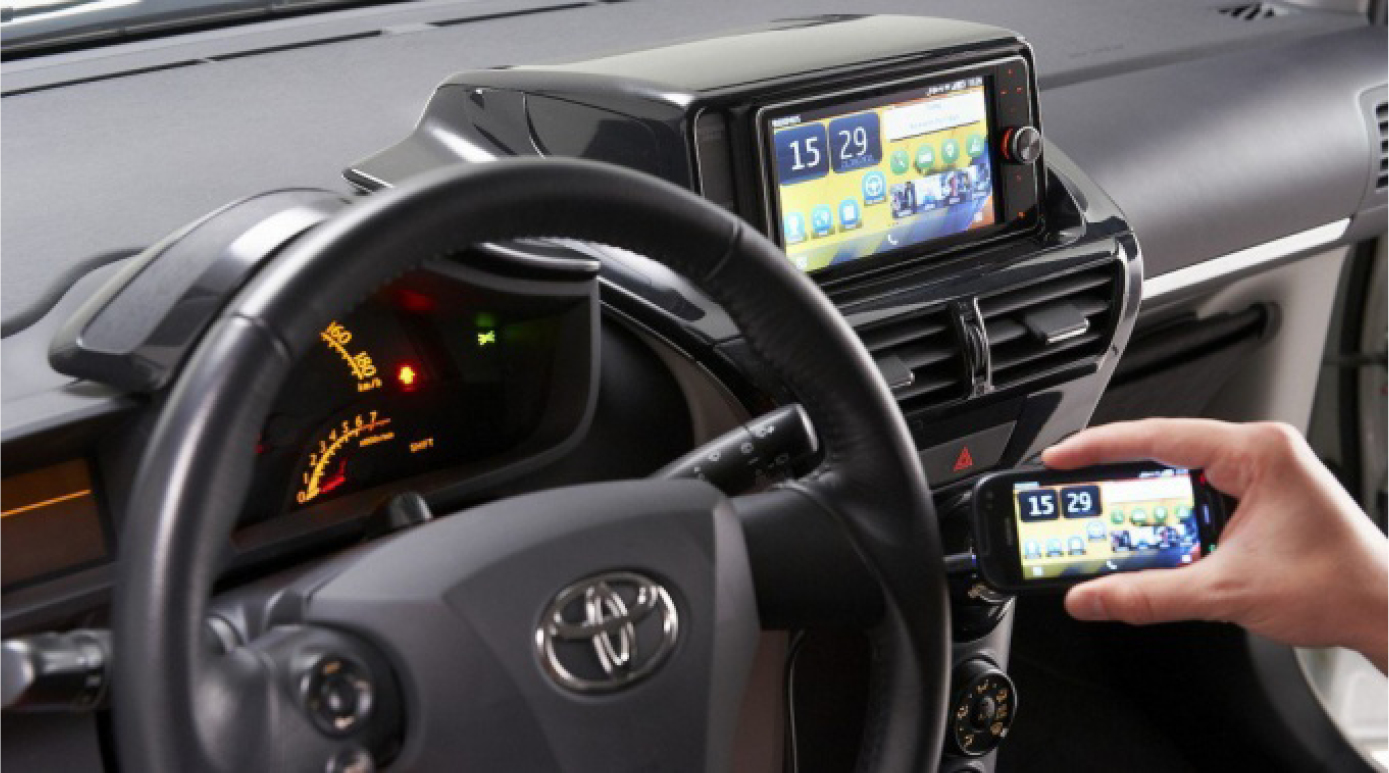
Are you ready to take your vehicle safety to the next level? Look no further than GPS security! In this blog post, we will be diving deep into how GPS technology has revolutionized vehicle safety, enhancing not only theft prevention but also offering a plethora of features that ensure your peace of mind on the road. Buckle up and get ready to explore the exciting world where cutting-edge technology meets automotive security like never before!
Vehicle safety is an essential aspect of modern-day transportation. With the ever-increasing number of vehicles on roads, accidents have become a prevalent concern for authorities and individuals alike. According to the World Health Organization, around 1.35 million people die each year, globally, due to road accidents. This statistic is alarming and highlights the urgent need for improved vehicle safety measures.
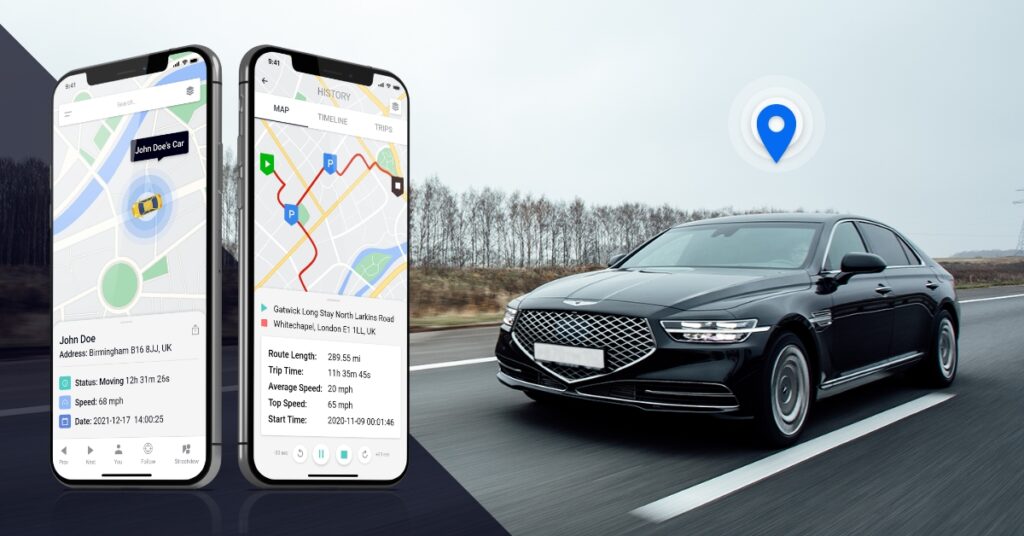
Thankfully, advances in technology have paved a new path towards improving vehicle safety – GPS security systems. Global Positioning System (GPS) technology has revolutionized the way we approach and ensure vehicle safety. From tracking vehicles in real-time to preventing thefts and accidents, GPS systems have become an indispensable tool for efficient fleet management.
One of the primary reasons for incorporating GPS technology into vehicles is its ability to provide accurate location data in real-time. This enables fleet managers or drivers to monitor their vehicles’ movements and track their exact locations anytime they want. Such real-time tracking helps identify any unauthorized use or deviations from planned routes immediately, allowing managers to take necessary action promptly.
The increased availability of GPS security solutions has also significantly impacted reducing vehicle theft rates worldwide. These systems use geofencing techniques that trigger alarms if a vehicle enters or leaves designated geographic boundaries without authorization. In case of theft or misplacement, these alarms alert fleet owners or authorities about potential risks instantly, enabling them to recover stolen assets quickly.
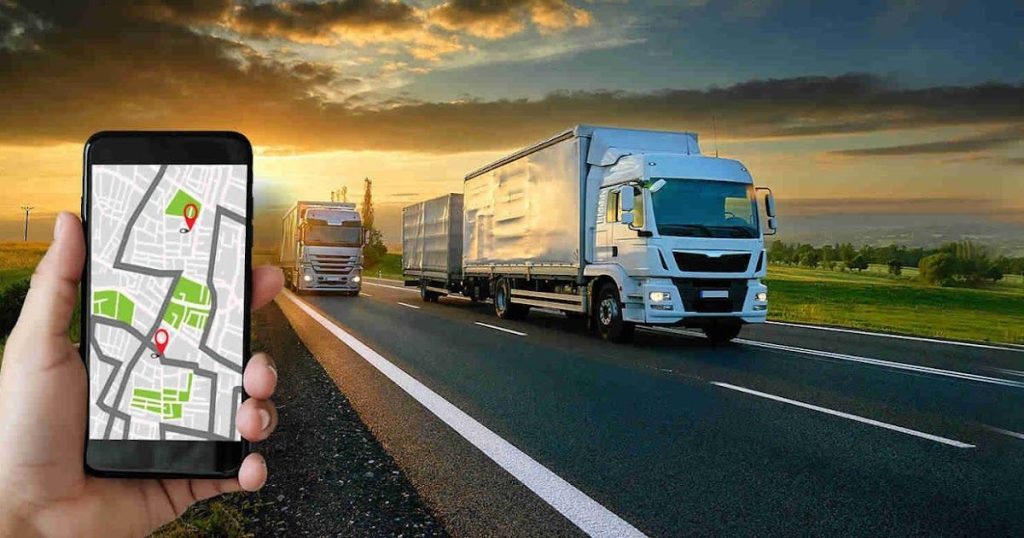
Moreover, GPS technology has enabled improved driver behavior monitoring through features like speeding alerts and harsh braking detection systems. Fleet managers can set speed limits on specific routes and receive immediate notifications if any driver exceeds those limits – encouraging safer driving practices amongst employees bicycle security.
Furthermore, GPS systems allow remote diagnostics by continuously monitoring various engine parameters such as fuel efficiency, tire pressure levels, engine temperature, etc., which can impact overall driving experience and vehicle performance significantly….
By providing real-time data on vehicle health, GPS technology enables prompt maintenance or repairs, reducing the risks of accidents caused by vehicle malfunctions.
The significance of vehicle safety cannot be overstated. As we continue to rely on transportation for our daily lives and businesses, it becomes imperative to ensure that these vehicles are equipped with advanced safety measures. With the integration of GPS technology in vehicles, companies can not only monitor their fleets’ movements but also take necessary preventive measures to safeguard their assets and drivers.
Undoubtedly, GPS security systems have brought a paradigm shift in how we approach and guarantee vehicle safety – making roads safer for everyone. In this article, we will explore in detail how GPS security has transformed fleet management and enhanced overall vehicle safety standards.
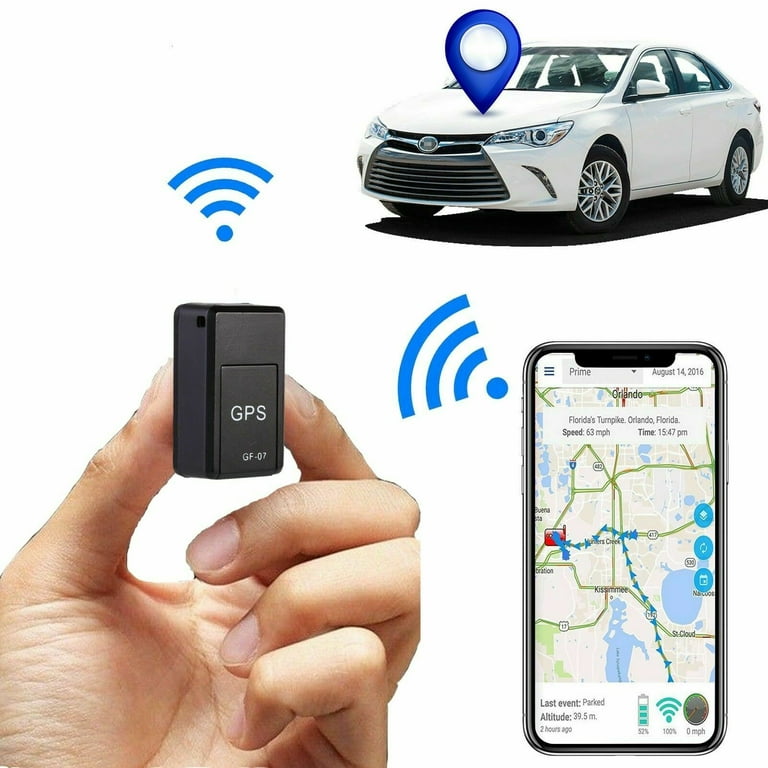
GPS security plays a crucial role in ensuring the safety and protection of vehicles from theft, unauthorized use, and other potential risks. Short for Global Positioning System, GPS is a satellite-based navigation system that provides real-time location information to devices equipped with GPS receivers. This allows for accurate tracking and monitoring of vehicle movements. However, GPS technology can also be vulnerable to security threats if not properly secured.
So what exactly is GPS security? In simple terms, it refers to the measures taken to protect the integrity and confidentiality of data transmitted between a vehicle’s GPS receiver and the satellite network. It involves layers of encryption, authentication, and authorization protocols to safeguard against malicious attacks or tampering.
One of the key features of GPS security is its ability to track vehicle movements in real-time. By using multiple satellites and triangulation techniques, it can determine a vehicle’s exact position at any given time. This information can be transmitted through various means such as cellular networks or satellite communication systems.

In addition to live tracking capabilities, GPS security also offers geofencing which sets up virtual boundaries around specific areas where a vehicle is allowed or restricted from entering. In case of any violation, an alert is triggered immediately notifying the owner or fleet manager.
Moreover, some advanced GPS security systems come with immobilization features that allow authorized users to remotely disable a vehicle’s engine in case it has been stolen or used without authorization. This can significantly increase the chances of recovering a stolen vehicle safely.
Another important aspect of GPS security is its data encryption capabilities which ensure that all transmitted data remains confidential and cannot be intercepted by unauthorized parties. The usage of strong passwords and multi-factor authentication further strengthens the overall security posture against potential cyber threats.
Vehicle manufacturers are increasingly equipping their newer models with built-in anti-theft systems based on GPS technology. These systems are designed specifically to prevent car thefts by constantly monitoring their whereabouts even when they are not in use.
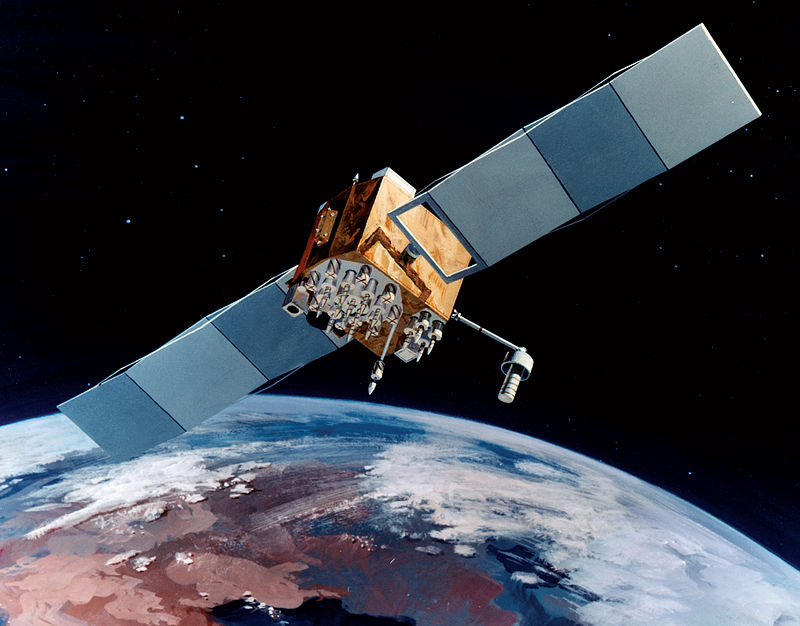
GPS security is an essential component in modern vehicle safety solutions. It not only helps to mitigate the risk of car thefts but also provides valuable data for improving fleet management and driver behavior. With continuous advancements in technology, we can expect to see even more innovative uses of GPS security in the automotive industry in the future.
Seven benefits of GPS Security for Vehicle Safety: Discuss the different ways in which GPS security has improved vehicle safety, such as tracking, theft prevention, and emergency assistance.
GPS security has revolutionized the way we think about vehicle safety. With the advancements in technology, vehicles are now equipped with GPS tracking systems that provide numerous benefits to keep us and our loved ones safe on the roads. In this section, we will discuss the different ways in which GPS security has improved vehicle safety.
1. Tracking
One of the most significant benefits of GPS security for vehicle safety is tracking. With a GPS tracking system installed in your vehicle, you can easily track its location at any given time. This feature comes in handy when your car gets stolen or if someone is using it without your permission. You can quickly locate your vehicle’s whereabouts and report it to the authorities for a speedy recovery.
2. Theft Prevention

GPS technology not only helps in locating stolen vehicles but also acts as a deterrent against theft. Today, most modern cars come with built-in GPS devices that are connected to various sensors throughout the vehicle. These sensors trigger an alarm if someone attempts to break into or steal the car, alerting both the owner and law enforcement agencies.
3. Flexible Access Control
Another benefit of having a GPS security system is flexible access control over your vehicle. Many top-notch systems allow owners to set up specific boundaries within which their vehicles should operate via geo-fencing technology; alerts go off when these boundaries are crossed so you could know when unauthorized personnel have attempted entry.
4. Real-time Notifications

With real-time notifications through SMS or mobile app updates, drivers can receive immediate alerts about critical events such as accidents, speeding violations, harsh braking/accelerations and other dangerous driving behaviors – giving you greater peace of mind knowing you’ll find out what matters most —faster (than had they been on traditional technologies).
5. Emergency Assistance
The ability for a driver to contact emergency services immediately after getting into an accident is paramount when it comes down to ensuring everyone’s well-being after an incident occurs unexpectedly regardless whether the driver is incapacitated. With most GPS systems, a single button push from the dashboard can send an alert to emergency services in seconds, allowing for timely rescue and medical assistance.
GPS security has brought significant improvements to vehicle safety in many ways. From tracking stolen vehicles to preventing theft, providing flexible access control, real-time notifications, and emergency assistance – it’s clear that this technology has transformed the way we approach vehicle safety. As more advancements are made in this field, we can expect even more innovative features that will enhance our overall driving experience and keep us all safe on the roads.

Case Studies: Provide real-life examples of how GPS security has been used to enhance vehicle safety,
GPS security has transformed the way we think about vehicle safety in numerous ways. While it may seem like a simple tracking tool, GPS security has been used in innovative and life-saving ways to enhance vehicle safety. In this section of the blog, we will explore real-life examples of how GPS security has been implemented to improve vehicle safety.
One prominent use of GPS security is in fleet management for commercial vehicles. Companies that rely on a large number of vehicles, such as trucking or delivery companies, utilize GPS tracking systems to monitor their drivers’ behavior and ensure safe driving practices are being followed. By using GPS technology, these companies can track speeding habits, harsh braking or acceleration, and even monitor driver fatigue through hours of service logs. This not only improves driver safety but also reduces fuel consumption and maintenance costs for the company.
Another example where GPS security has significantly enhanced vehicle safety is in emergency response vehicles. Emergency services such as ambulance and fire departments use real-time tracking through GPS technology to locate their vehicles during an emergency callout. This ensures quick response times, especially in dense urban areas where traffic can be a major obstacle. In addition to improving response times, it also provides peace of mind for both the responders and those calling for help.
One particularly impressive application of GPS security in vehicle safety is its usage in stolen vehicle recovery systems. With advanced satellite navigation capabilities and geofencing alerts, authorities can track the location of a stolen vehicle in real-time and prevent further damages or potential accidents caused by high-speed chases. Many car manufacturers now offer this feature as part of their standard package, adding an extra layer of protection for their customers’ peace of mind.
Personal use cases also showcase how GPS technology has improved overall road safety. Parents with teenage drivers often install tracking devices on their teenager’s cars to keep tabs on their location and ensure they are following designated routes safely. Additionally, insurance companies offer discounts to individuals who install GPS tracking systems in their vehicles as it allows them to monitor and promote safe driving habits.
The implementation of GPS security has significantly transformed vehicle safety across various industries and personal use cases. From commercial fleets to emergency services and personal vehicles, the use of this technology has improved driver behavior, response times, and overall road safety for both individuals and businesses. Its continued development will undoubtedly bring even more innovative ways to keep our roads safer for everyone.




